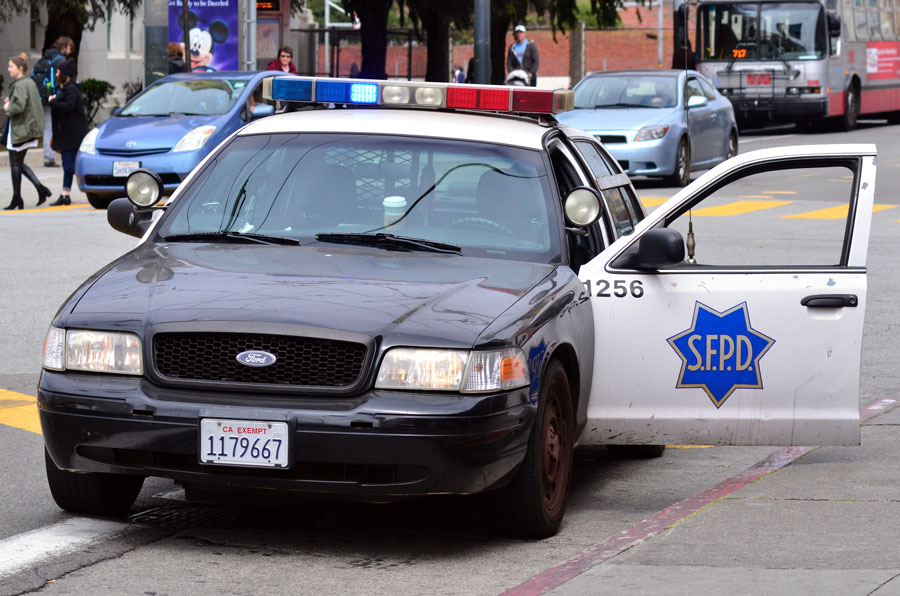
SAN FRANCISCO, CA – Amid increasing crime rates, the city of San Francisco, California is introducing a controversial new program where officials will pay criminals not to shoot people. The pilot program – known as the “Dream Keeper Fellowship” – will initially pay ten individuals who are considered “high-risk” for either shooting people or being shot themselves $300 per month not to engage in any activity where that could be the potential outcome. If the program is successful, officials say, it could be expanded to include more participants.
The Dream Keeper Fellowship is being paid for by city funds earmarked to assist Black communities, and will be overseen by the Human Rights Commission and Office of Economic and Workforce Development, according to Sheryl Davis, its executive director.
“These small investments can transform the lives of individuals, but they can also transform communities,” she said. “It’s not necessarily as cut and dry as folks may think. It’s not as transactional as, ‘Here’s a few dollars so that you don’t do something bad,’ but it really is about how you help us improve public safety in the neighborhood.”
In addition to being paid not to shoot others, the individuals in the program will also be required to work with Street Violence Intervention Program life coaches, and they will be eligible for an extra $200 per month for attending school or helping to diffuse violent situations in their communities.
However, participants will not be getting cold, hard cash for their efforts; instead, the funds will come in the form of gift cards, and any purchases will be monitored to ensure they are not used for illicit means.
Violence in San Francisco has spiked in 2021, with 119 victims of gun-related crimes having been reported to police so far; this represents a 50 percent increase year-over-year from 2020.
A similar program was implemented in Richmond, California, and eventually reported a 55 percent decrease in gun-related murders; however, a version that was attempted in Sacramento resulted in one-third of its participants dropping out or being arrested in its first six months, and 44 percent of those remaining being arrested on new charges.



Comments are closed.